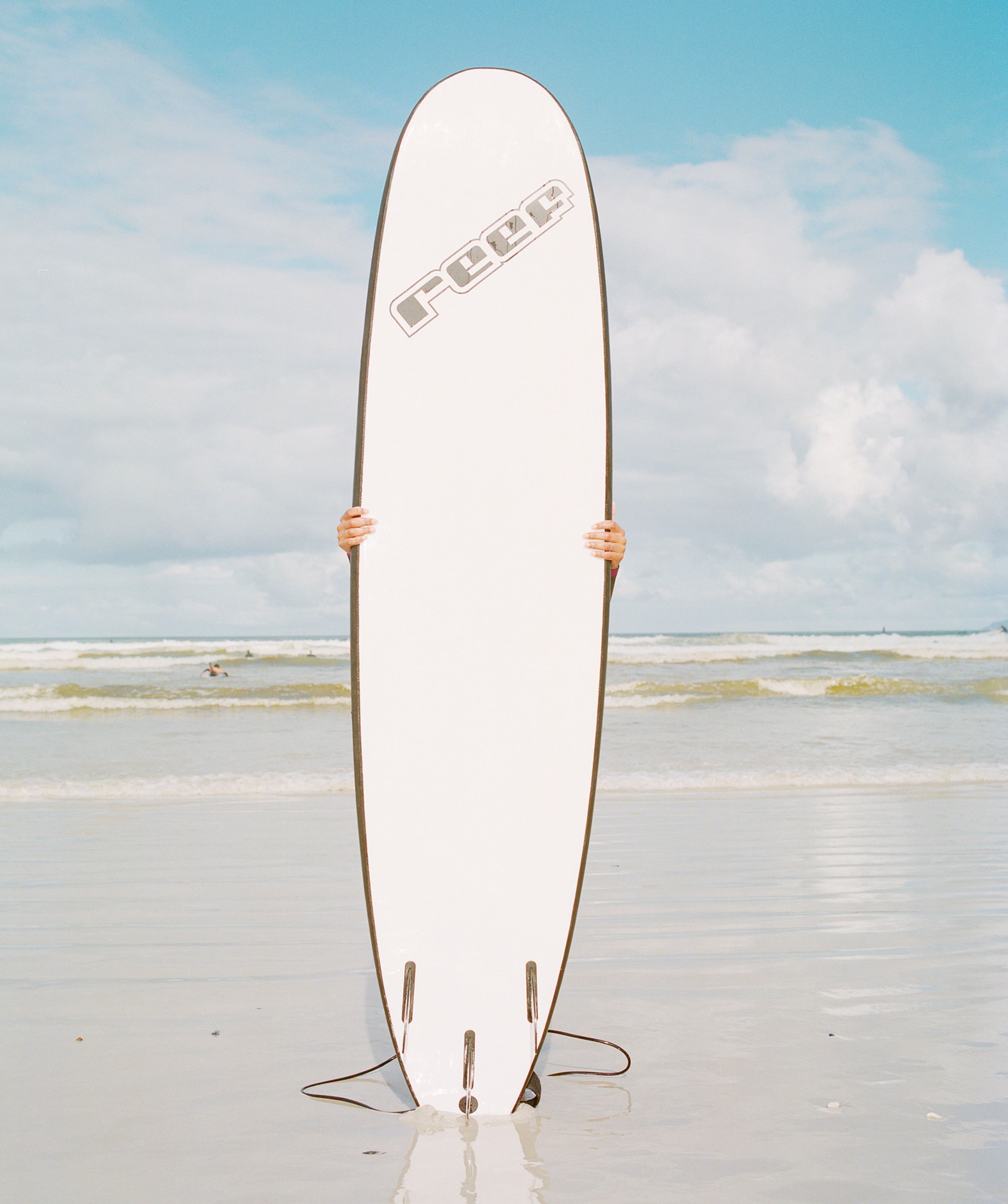
Black Girls Surf Is Making Space on the Waves
Rhonda Harper, the founder of the nonprofit organization Black Girls Surf, first fell in love with surfing in Hawaii. Though she was living with her family in San Diego at the time, her parents had sent her, an angsty teenager, to Oahu to stay with her sister. One day, while watching the surfers on the North Shore, an off-duty crew member from Magnum, P.I. invited her to join him on his board for a tandem surf. The two briefly stood up on the board before they tumbled off and Harper lost her top. “No other time in life is going to be that embarrassing,“ she laughs.
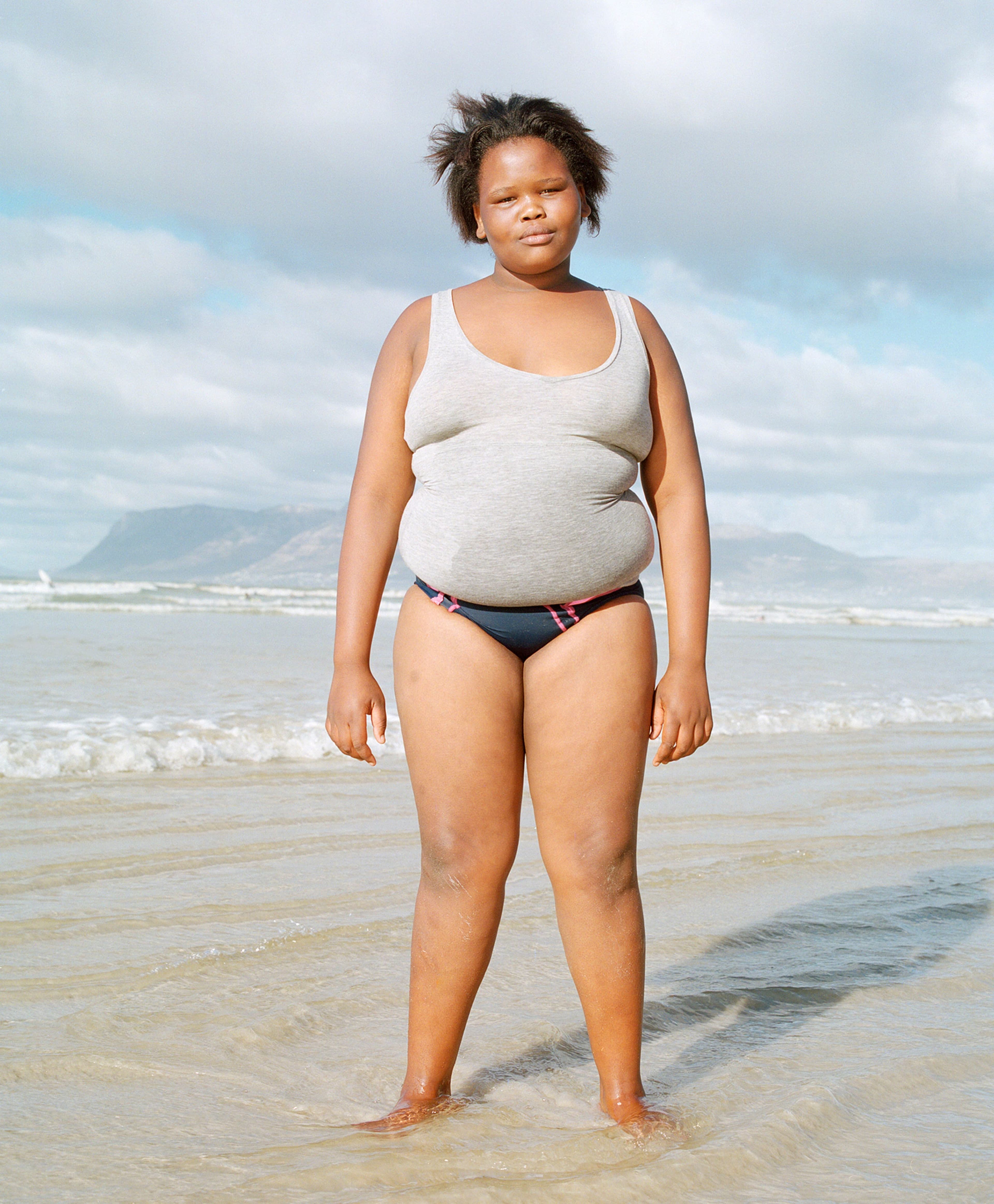
That moment proved pivotal for Harper, not because of the thrill of riding the wave—she’d barely stood up—but for the mental realignment the experience offered. “I was an angry teenage kid,“ she recalls. “That moment just brought me down to earth. I walked out with my head held high, because I’d been on the board, and I think that was the lesson—anytime, you can be humbled. There’s always something bigger than you.“
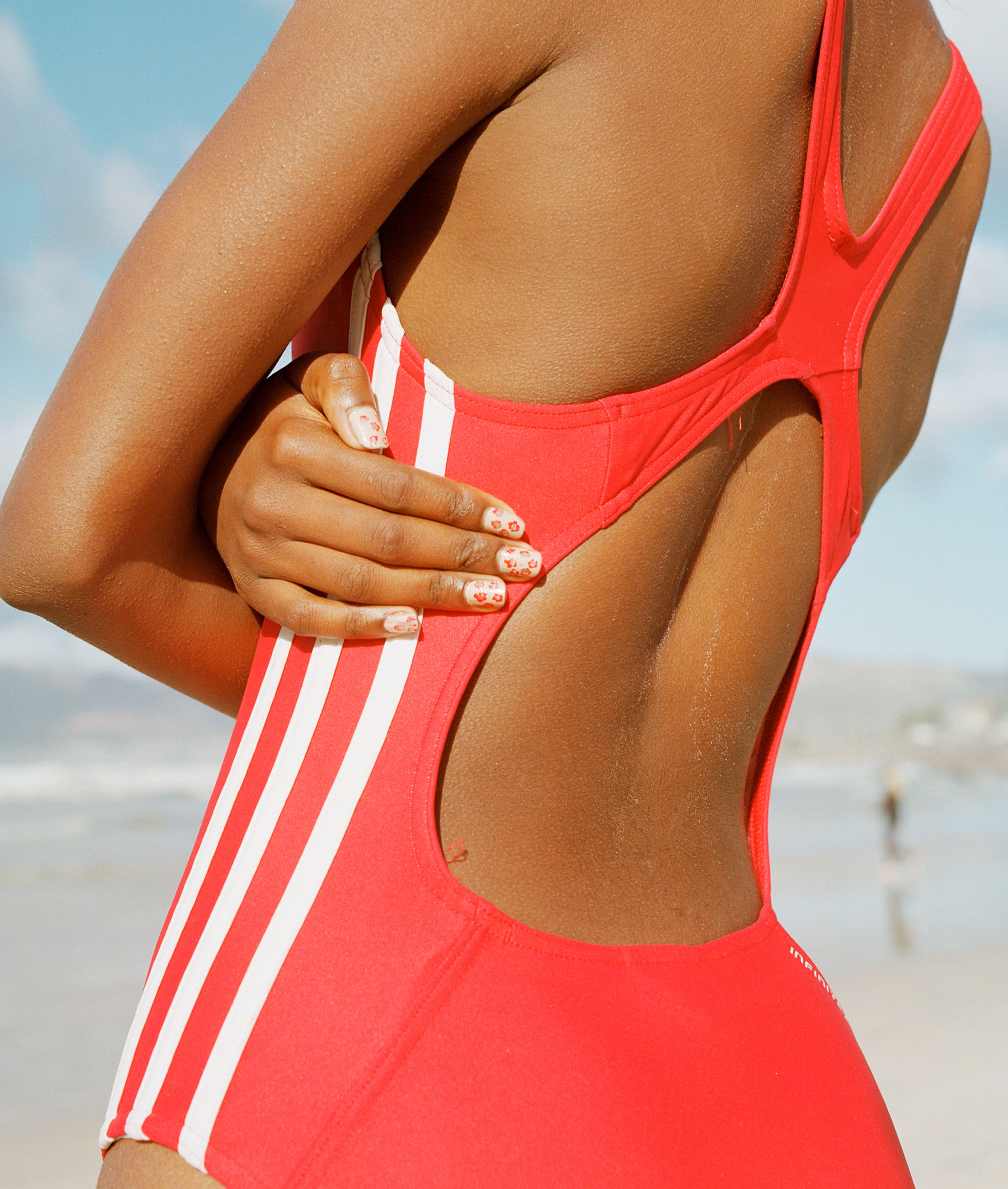
Then her love for surfing was put on the backburner for a few years. After returning to California, it didn’t take long for surfers in Santa Cruz to graffiti racial epithets onto her car or to confront her with racial slurs in San Diego—a rude welcome to the notoriously white world of modern surfing, a culture built on the foundations of the American colonization of Hawaii. Shaken, she turned her focus to other things: building a professional career across the fashion, tech, finance, and sports industries; working with the U.S. Coast Guard; and writing about action sports and hosting a radio show for the Black Athlete Sports Network, where she focused on covering extreme sports—including surfing—from an African-American perspective.
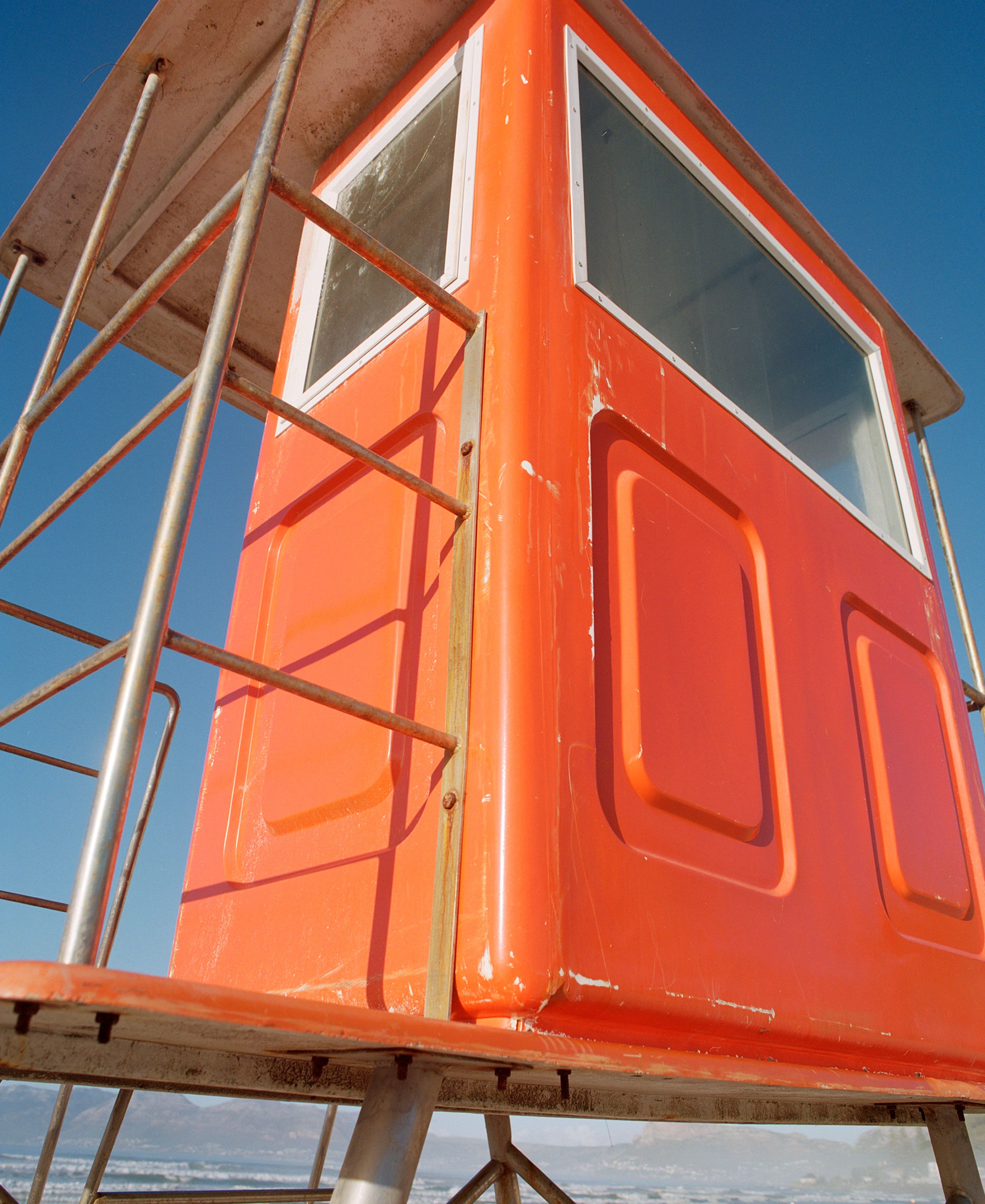
But Harper says her original goal was always to make space for Black women and women of color on the water. “I knew that if we highlighted what people see, it would become important to surfers,“ she explains. She started by founding Inkwell Lifestyle, a surf apparel brand that countered the body standards and æsthetics of surfwear at the time. Realizing that she lacked ambassadors—professional Black female surfers—to wear her pieces, in 2014 she founded Black Girls Surf, part of her aim to create a pipeline for Black women to make it to the top of the surfing world and increase representation and inclusivity in a sport she loves.
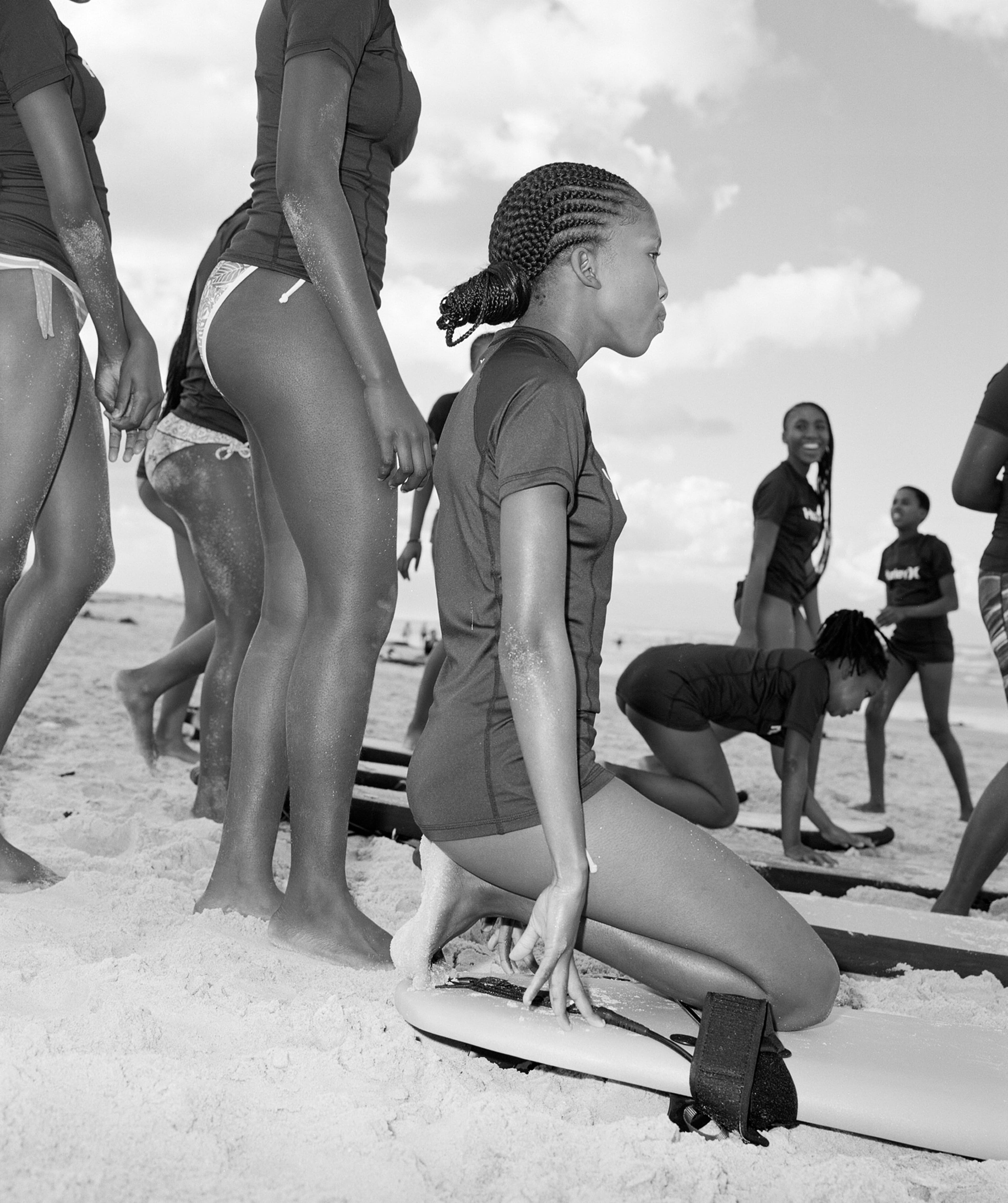
Harper’s vision is wide-reaching: Though Black Girls Surf’s most visible activity is running surf camps from beginner to professional level, the nonprofit also raises funds for boards, equipment, and transport to get women to competitions. On top of that, BGS actively supports women of color in overcoming systemic and cultural barriers to their careers—in Senegal, for example, the organization raised enough money to pay for the camp members’ schooling. “If you want to be a pro surfer, you need education and life skills,“ she adds. “We know that these things are constantly left out when talking about girls. We put all of these together in one package.“
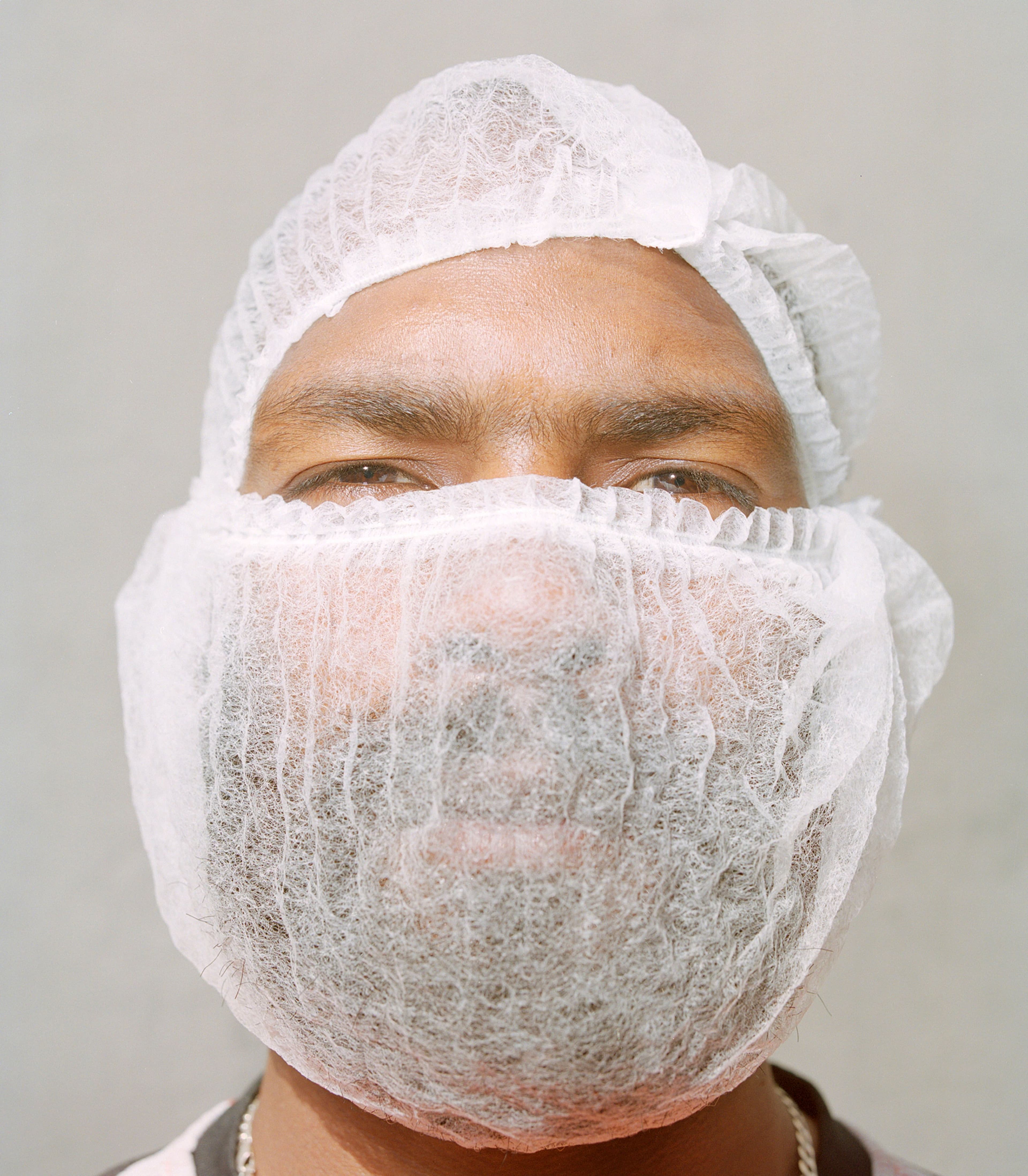
Fast-forward to 2020, which found Harper in Senegal for a magazine shoot when the pandemic hit and borders closed. She spent the next nine months there. During that time, she ended up opening a Black Girls Surf camp and surf academy there to train elite athletes, including the Senegalese surfer Khadjou Sambe, whose sights are set on the 2024 Olympics in Paris, where the sport will be making its second appearance. Harper also organized a series of paddle-outs, or organized memorials at sea, following the death of George Floyd, putting a call out on Instagram that culminated in a worldwide event on June 5, 2020. “That was an amazing experience to live through,“ she says. “You had surf companies diversifying, because the message ran loud and clear: It was time for us to make social justice part of being a surfer. That was a significant moment for all of us.“
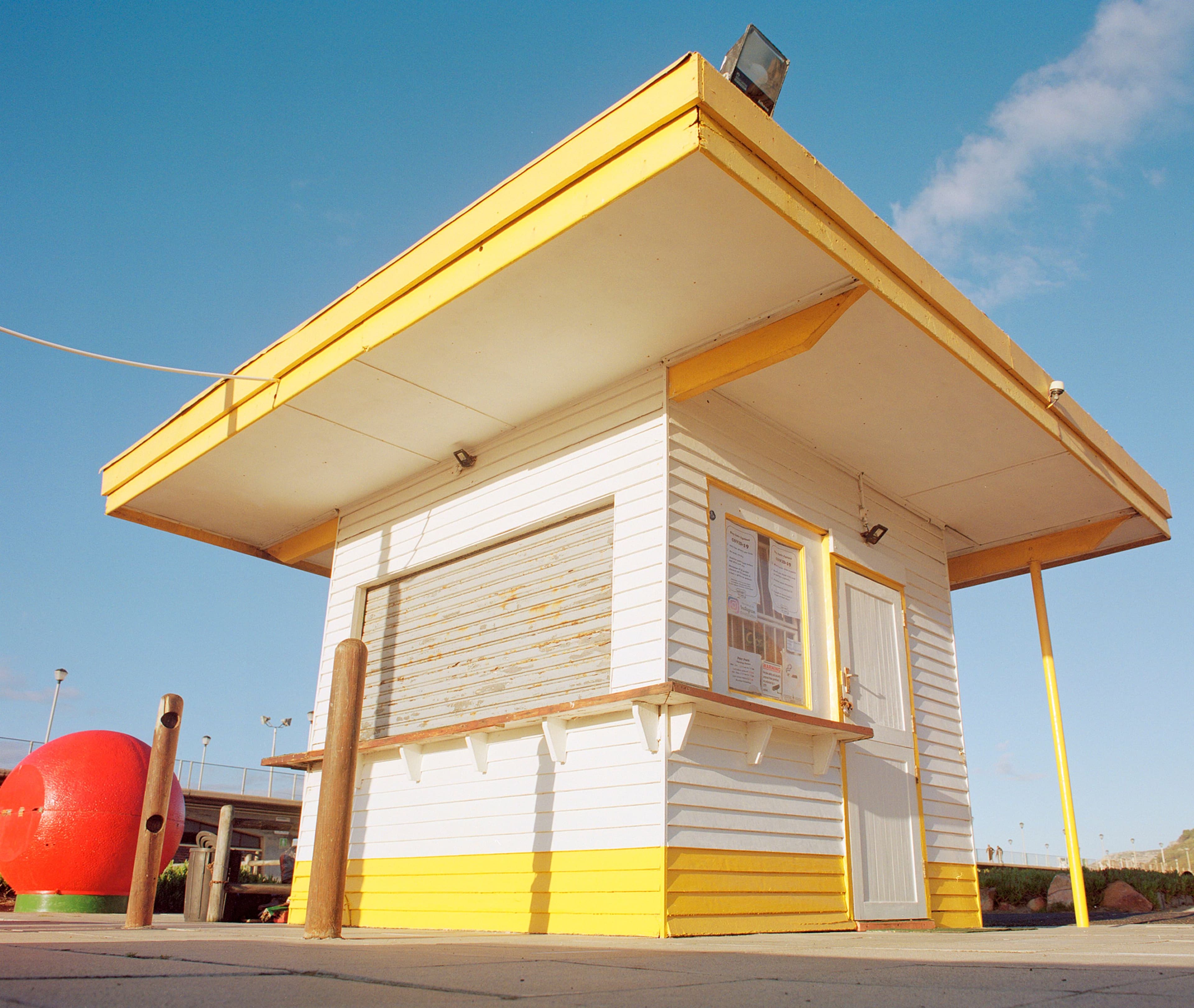
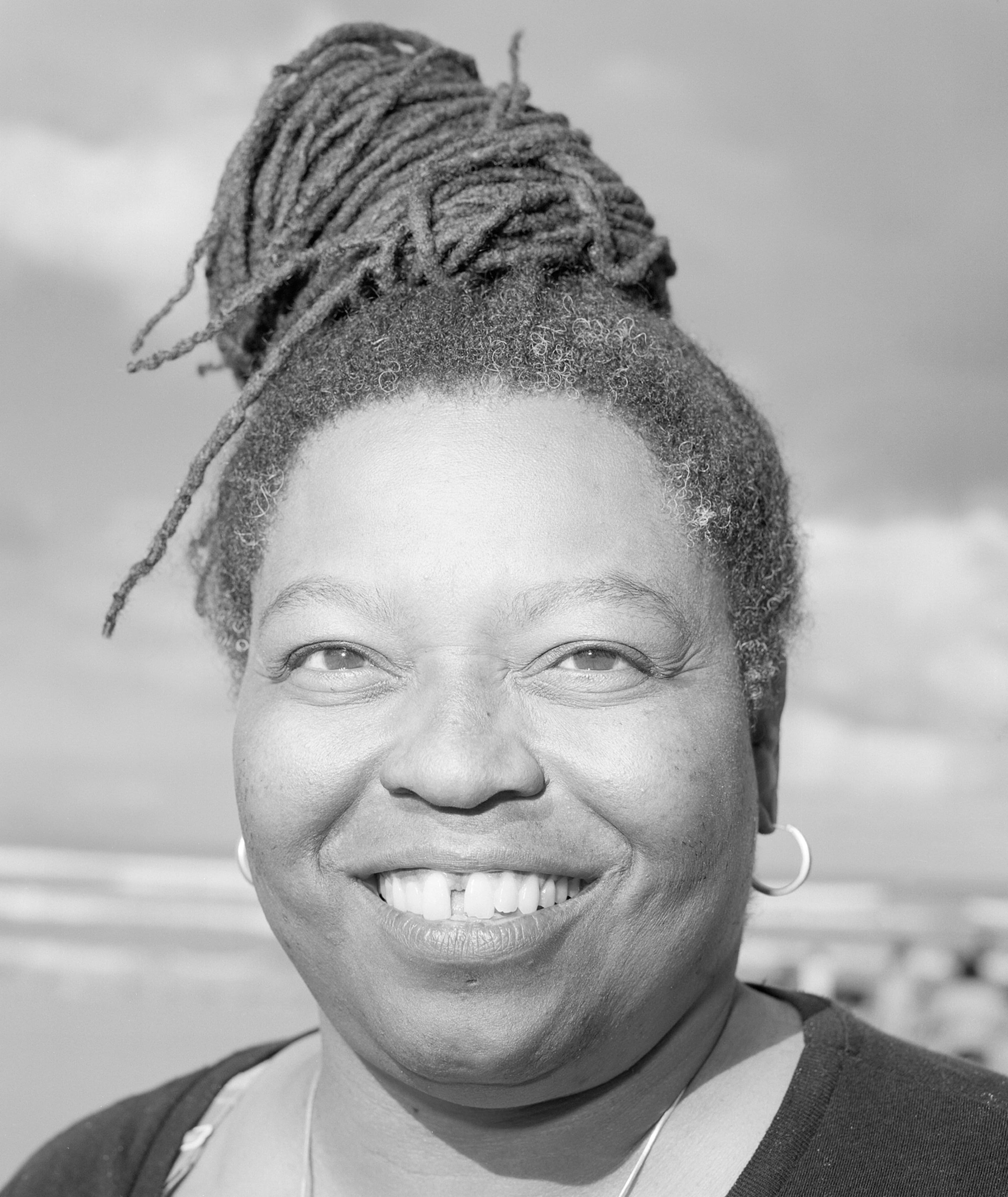
Despite this progress, there’s still work to do. “The paddle-outs are one thing. I’m more interested in what happens in the offices and the decisions on the ground,“ Harper says. On top of training Sambe, she’s also working with another Olympic hopeful, Kadiatu Kamara, from Sierra Leone, to build a surf academy that Kamara will run. Ultimately, Harper explains, “My goal is to educate and inspire, and then watch these girls slowly heal themselves and go on to tell people about surfing. That’s my only goal in life—whether they stay in competition or not.“
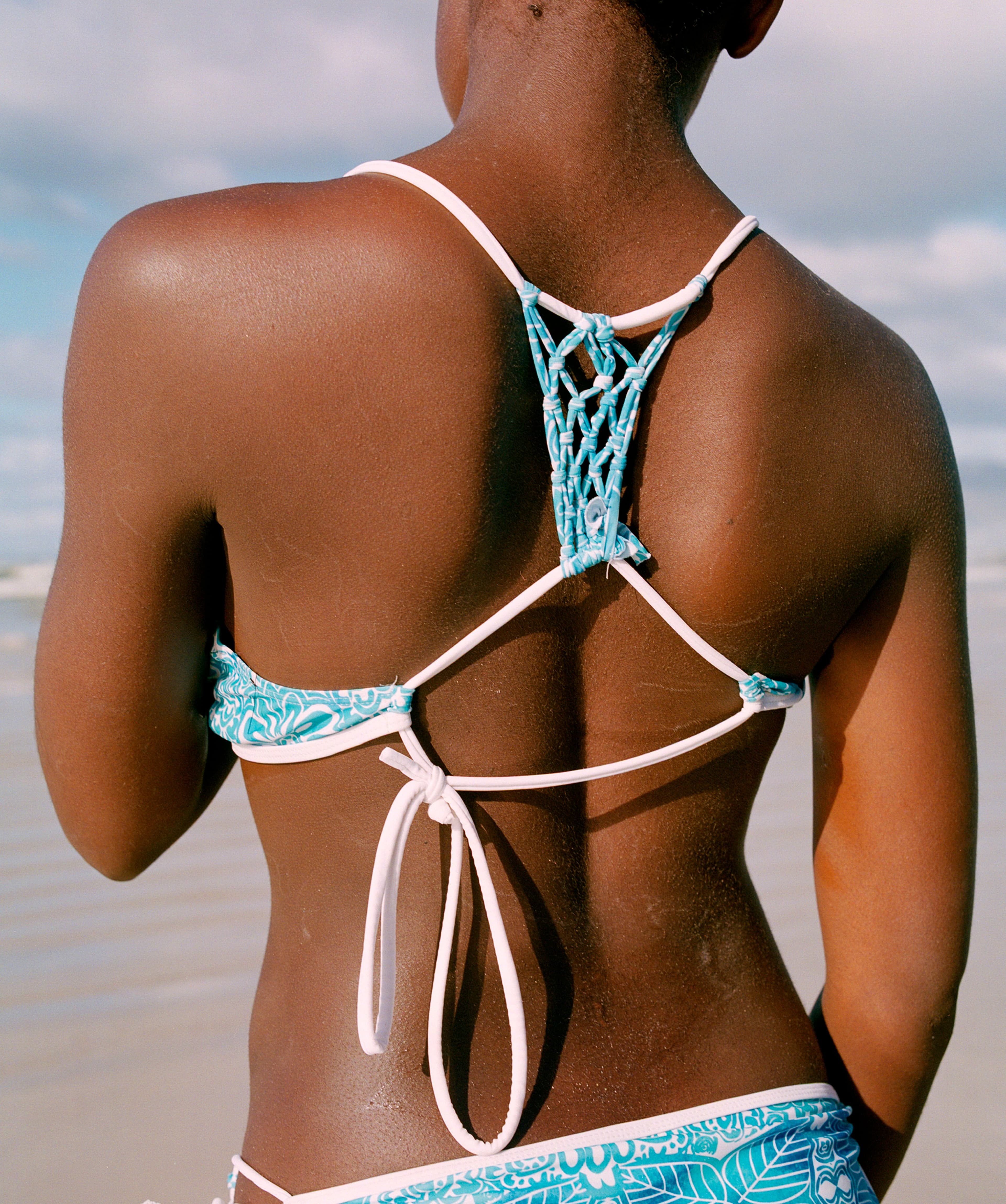
For more information, please visit BlackGirlsSurf.org. Read this story and many more in print by ordering our second issue here.
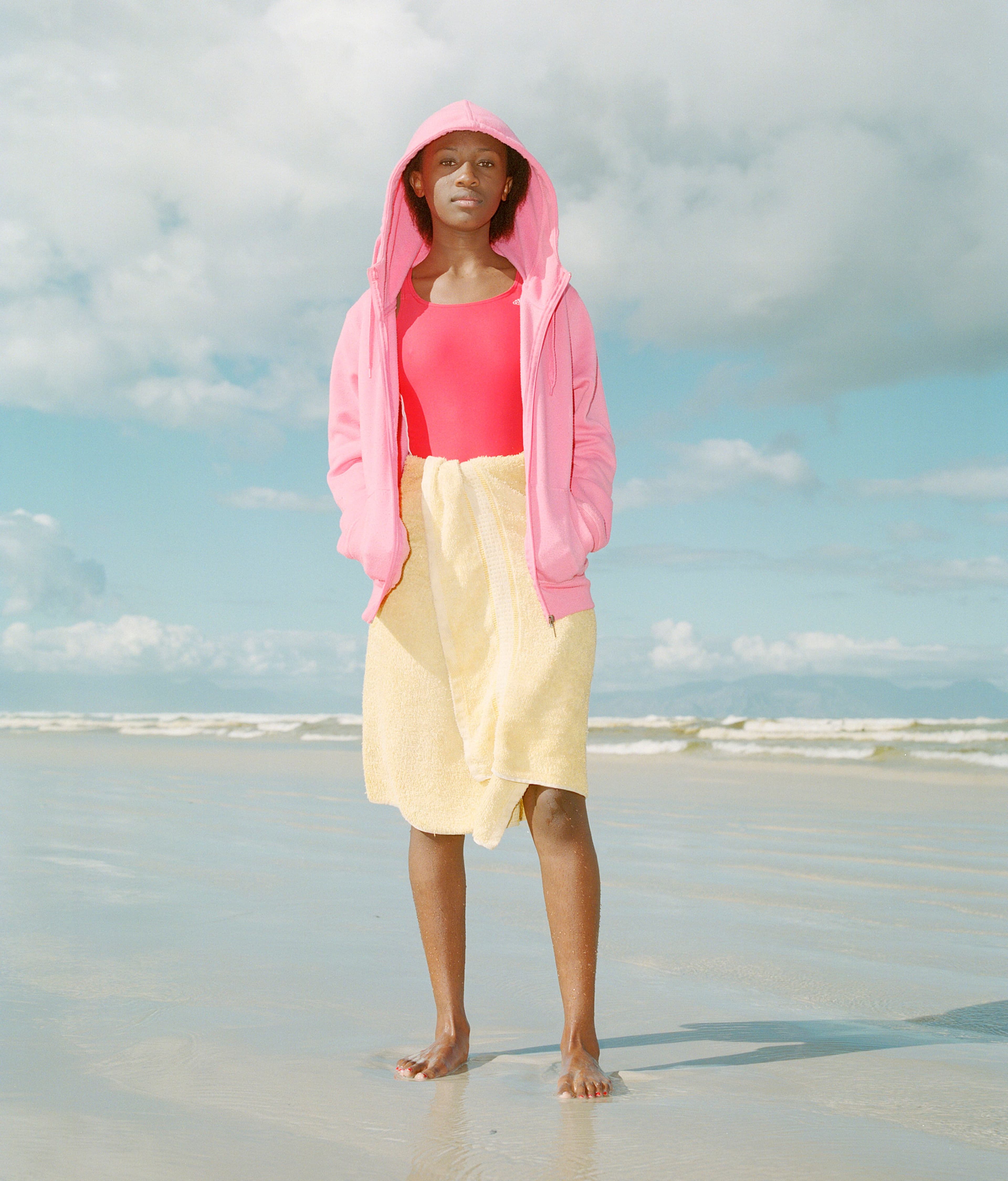
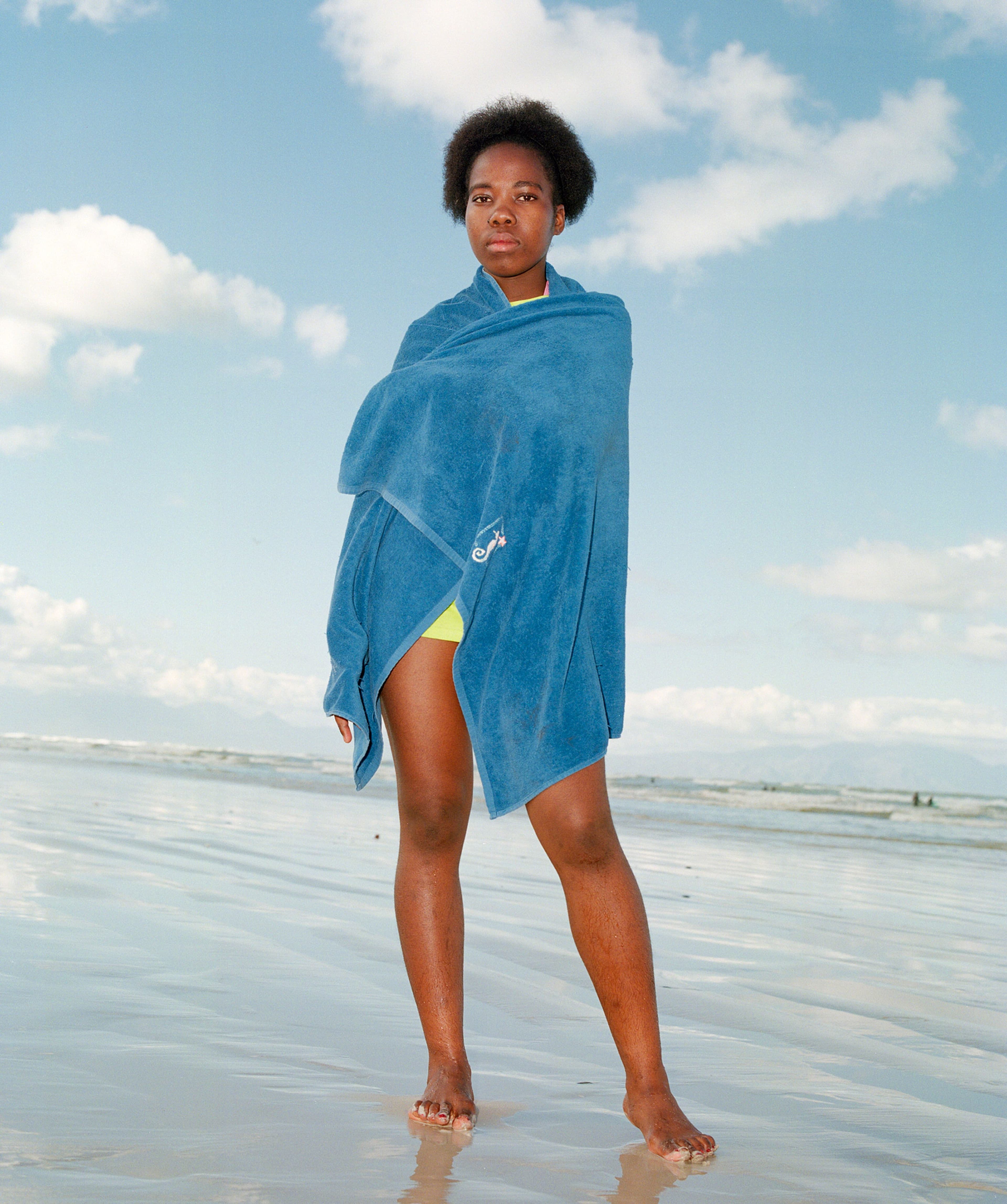
As a nonprofit arts and culture publication dedicated to educating, inspiring, and uplifting creatives, Cero Magazine depends on your donations to create stories like these. Please support our work here.






